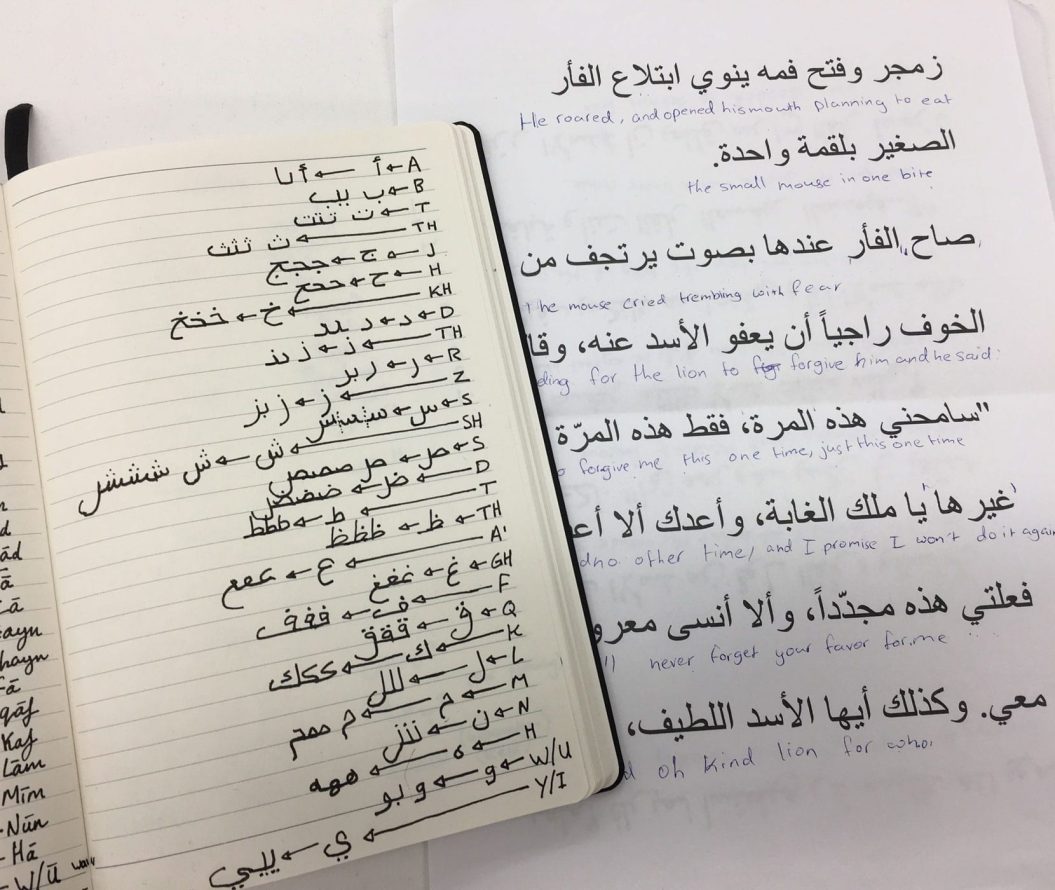Hi everyone my name is Hannah and I'm a third year student studying Biomedical Science. I'll be starting my MSc in Data Science and Applied Analytics next year. Outside of university I've really enjoyed teaching myself to crochet over the…

With everything going on it can often seem like you’re not doing enough or don’t know enough content. This article will aim to share some of the best revision methods to maximise the content learnt in the shortest time possible!
Knowing what to revise
First of all, make sure you know all the content which could be asked in the exam. You could do this by either looking at the assessment brief or writing a list. Next, do a traffic light system of each topic based on well you know it. For example, red if you have no idea and green if you’re confident. Then you can tailor your revision to improve on your weaknesses and ensures you’re not wasting time going over things you already know really well. Moreover, look at the learning objectives to find out how the topics could interlink and get a good idea of what you could be asked in the exam.

Revision strategies
Now you know what topics you need to learn, a great way to memorise it is blurting. This is where you familiarise yourself with the topic by either reading over it to make sure you understand it or writing down keywords or definitions you’re unsure of. Then cover them up and on a blank piece of paper write down everything you can remember about the topic, once you’ve finished mark it and relate it to your notes. This will help you identify the things you don’t know so you can go over them again. Now simply repeat the process until you have it all memorised! Blurting is a great revision method because it is a form of active recall. Active recall forces your mind to work harder and stores the information in your long-term memory, allowing it to come flooding back in your exam.

If you are revising pictures, definitions or labelling figures, revision cards are a great method which still utilises active recall. To save time creating your own revision cards, take a look on Quizlet to see if the topic has already been covered before or print out your PowerPoints into a Word document style and add questions before the content so you can cover it up and answer the question. Once you’ve been through them a couple times, sort them into piles based on the ones you know really well and the ones you’re still struggling with, this will allow you to spend more time on the harder topics.
Make your notes accessible
If you’re doing a TCA, this means you’re able to utilise your notes, therefore it’s important these are organised and can be easily accessed if you need them. A great way to do this is through mind maps. Creating mind maps full of key content and definitions can help you to refresh your mind or understand specific definitions. This is especially good if you need to use references, doing this in a Word document too means you can simply copy and paste it across the exam to save yourself time too.
Practice!
Finally, practice questions are a great way to get yourself used to the style of exam questions and how to answer them correctly. It’s also a great way of using your active recall and identifying areas you still need to go over. You could also use the mark scheme to make revision cards too!

- Topics
- Academic resources
- Advice
- Assessment
- Assignments
- Exams
- Independent learning
- Learning at Lincoln
- Learning Lounges
- Learning support
- Online learning
- Presentations
- Productivity
- Referencing
- Remote learning
- Research
- Revision
- Skills
- Study
- Study skills
- Study tips
- Tips
- Tips and advice
- Work based distance learning



